During this panel discussion, youth development and youth leadership development experts share their experiences in establishing sustainable partnerships that foster leadership development opportunities for youth in their communities. The goal of this panel discussion was to provoke conversations that facilitate improved and increased opportunities for youth personal growth and development globally. This panel discussion is part of Educational Access Institute’s (EAI) Quarterly Webinar Series.
Meet the Panel Discussants
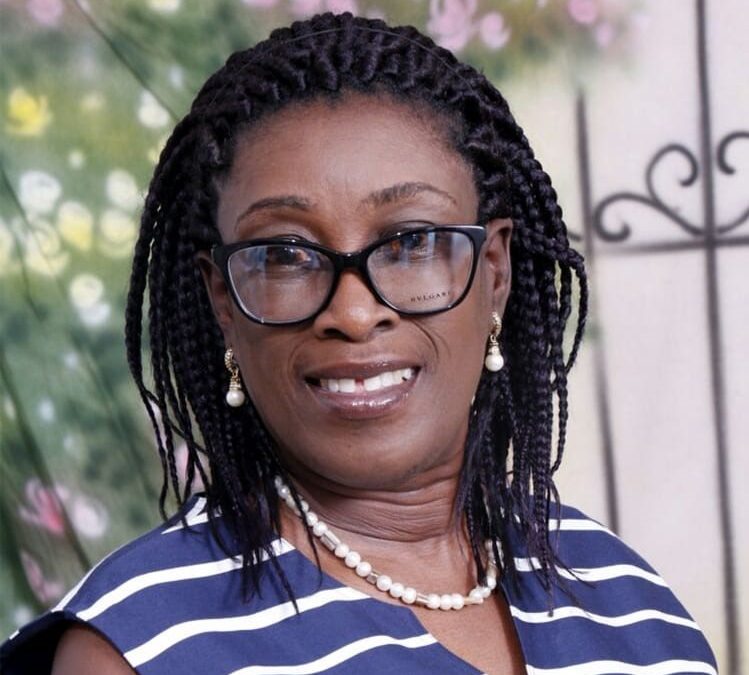
Philomena Dadzie, PhD, is a Senior Lecturer at the Banking and Finance Department of the University of Professional Studies, Accra (UPSA) since 2006. Dr. Dadzie is the Vice Dean of Students at the University and her position grants her the opportunity to interact a lot with the youth. Prior to working with (UPSA) Dr. Dazie was the Credit Officer and Manager at Women’s World Banking Ghana for six years. She also worked at the University of Ghana Co-operative Credit Union for almost 12 years and currently serves as a Consultant and a Credit Union Educator to a number of Credit Unions. Dr. Dadzie holds a master’s degree in Finance from the University of Ghana Business School and a Doctor of Philosophy degree in Higher Education Administration from the University of Phoenix-Arizona (USA). She is a Fellow at the Chartered Governance Institute (CGI-UK). She is married with three young adult daughters.
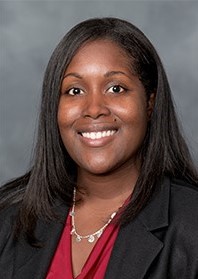
Janise Parker, Ph.D., is an Assistant Professor of School Psychology at William & Mary. She is also a licensed psychologist and nationally certified school psychologist. Dr. Parker provides and supervises school-based mental health services to youth in the Hampton Roads area of Virginia. Her research focuses on (a) culturally responsive mental and behavioral health services, (b) sociocultural contexts and positive Black youth development, and (c) social-emotional and behavioral health implications for serving religiously and spiritually diverse youth from marginalized backgrounds. Dr. Parker has published several peer-reviewed articles and book chapters on these topics. Currently, Dr. Parker is leading a community-based intervention that involves school mental health trainees providing academic, social, emotional, and behavioral support for K-12 youth (predominantly Black) through virtual services and faith-based partnerships.
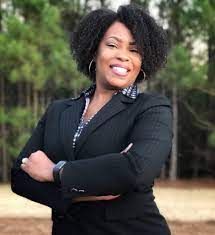
Natalie S. King, PhD, is an assistant professor of science education at Georgia State University in Atlanta, GA. Her scholarly work focuses on advancing Black girls in STEM education, community-based STEM programs, and the role of curriculum in fostering equity in science teaching and learning. Dr. King is a National Science Foundation Early CAREER Award (#1943285) recipient whose research challenges the capitalistic agenda for encouraging girls’ involvement in STEM. She elevates the identities and brilliance of Black girls in her scholarship, programs, and grant projects. Dr. King is the founder and executive director of I AM STEM, LLC. Her organization partners with community-based organizations to provide Black and Latinx children with access to comprehensive academic summer enrichment programs that embrace their cultural experiences while also preparing them to become productive and critically-conscious citizens. Her work is published in the Journal of Research in Science Teaching, Science Education, Journal of Multicultural Affairs, The Science Teacher, and Teaching and Teacher Education.
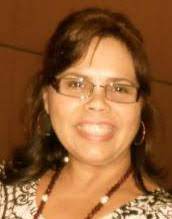
Diana Negron-Reyes, EdS, holds several graduate degrees from the University of Florida in the areas of Mental Health, Marriage and Family Counseling and Education. In her 25+ years in higher education, Ms. Negron-Reyes focus has been on college access working with youth from disadvantaged backgrounds. As a first-generation college graduate herself, Ms. Negron-Reyes understands firsthand the power of higher education in breaking cycles of poverty and despair. She served as TRIO grant director at Santa Fe College and the University of Central Florida. Ms. Negron-Reyes professional framework is based on an asset-based model that prioritizes changing the language of deficit into a language of assets and potential.
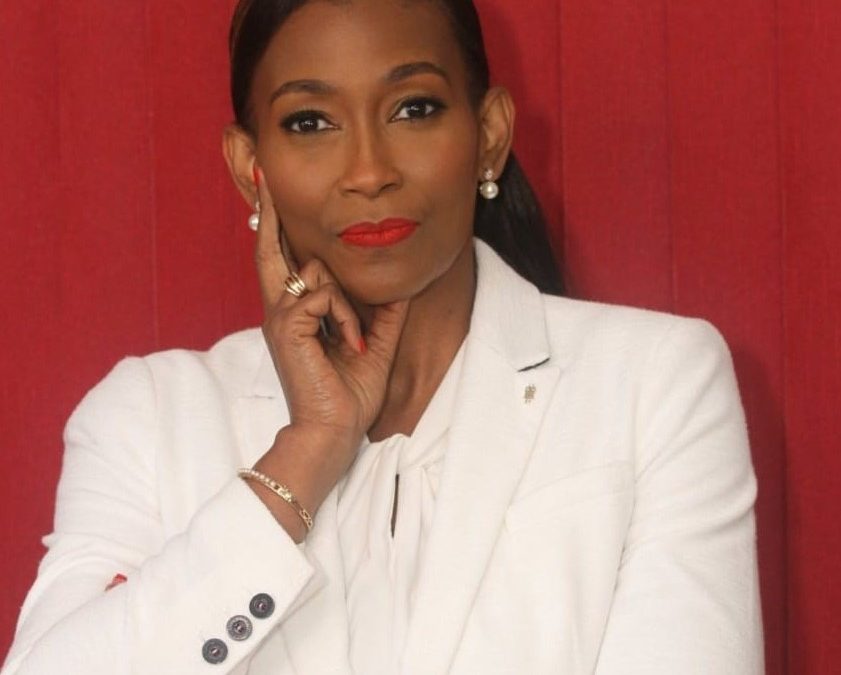
Marsha Smalling, PhD, has been a dedicated and passionate educator for over 20 years and has worked in the education sector at the primary, secondary and tertiary levels in the island of Jamaica. She currently serves as Principal of her alma mater, Glenmuir High School, author of the book Powered Up: Leveraging 6 Pillars to Live out Loud, and host of the podcast Powered Moments. In addition, she spearheaded student empowerment and leadership initiatives such as the Rise & Shine Mentoring Programme the Leadership Empowerment Action Programme (L.E.A.P). Dr. Smalling was awarded the Governor General’s Achievement Award in 2009 in recognition of her commitment to community development, significant leadership, and achievement of excellence. In 2020, she received an award from the Jamaica Teaching Council and LASCO under the theme, Our teachers, our heroes: Leading in a crisis, reimagining the future and was also selected in that year to represent Jamaica on International Every Girl Wins Day. Dr. Smalling is driven by her vision statement “Igniting hopes, dreams and possibilities for all” and embraces every opportunity to interact with, reach out to and lift others; especially the vulnerable.
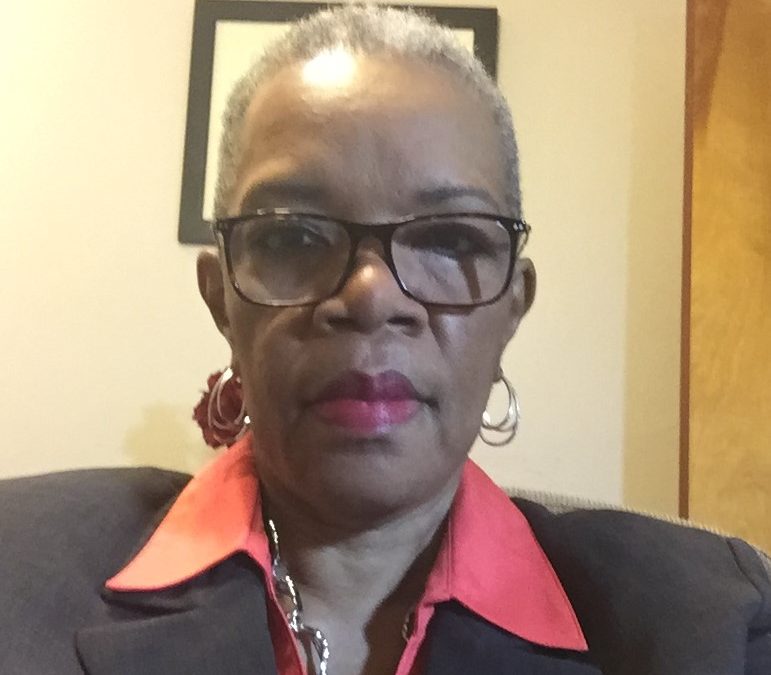
Diane Archer-Banks, Ph.D. (Dr. A-B) is the Founder, President, and Chief Executive Officer (CEO) of Educational Access Institute, Inc.; a Florida-based nonprofit organization centered on increasing leadership development opportunities for youth, particularly those from low-income underserved communities. Toward this end, she uses the resources of her organization to create opportunities for youth globally to achieve their own levels of excellence and become future leaders. Dr. Archer-Banks has presented nationally and internationally on topics related to the intersectionality of race, class, gender, and culture on students’ schooling experiences; postsecondary access and success; youth leadership development; program development and evaluation; technology integration in the learning environment; and parental involvement in children’s schooling experiences. Her work is published in the Journal of Negro Education, Urban Education, School Science and Mathematics, and the Florida Journal of Educational Administration and Policy.
